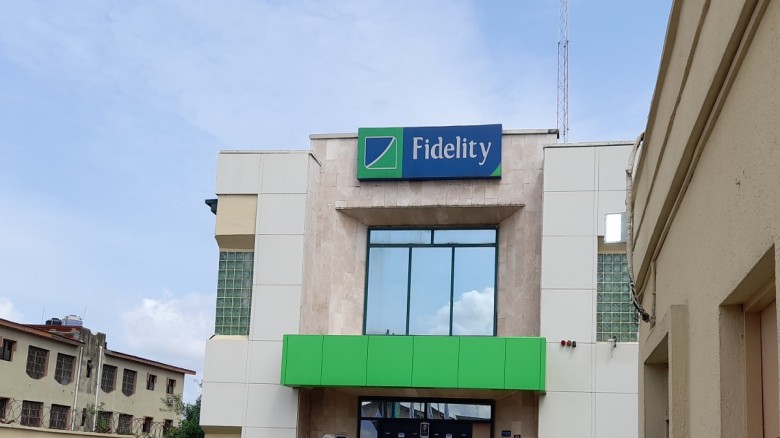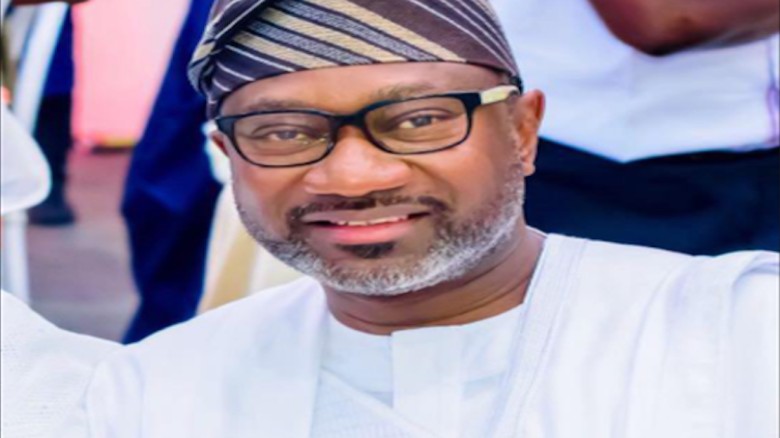Lagos’ GDP hits $159bn, becomes Africa’s second-largest city economy
Lagos State has solidified its position as one of Africa's leading economic powerhouses, with a GDP of an impressive $259 billion based on purchasing power parity.This achievement places Lagos as the continent's second-largest city economy, trailing Cairo, Egypt.
The announcement came during the official launch of the Lagos Economic Development Update (LEDU) 2025 on Wednesday, highlighting the state's remarkable economic progress.
According to the report, Lagos State's economy grew significantly in the first half of 2024, reaching N27.38 trillion, up from N19.65 trillion in 2023. This surge demonstrates Nigeria's commercial capital's resilience, which is being supported by ongoing economic reforms and infrastructure investments.
Despite this expansion, the state's tax-to-GDP ratio remains low at 2.3%, indicating the need for more effective revenue mobilization strategies to maintain economic momentum.
The Lagos State government has set ambitious economic targets for the fiscal year 2025, aiming for continued growth and stability.
The state's GDP is projected to rise from N54.77 trillion in 2024 to N66.47 trillion in 2025, with real GDP growth ranging between 5.02% and 6.49%. The service sector is expected to continue its upward trend, aided by increases in agricultural and industrial production. Economic stability is also expected to benefit from lower gasoline prices and a more stable naira/dollar exchange rate. Food inflation is expected to be 34.9%, slightly higher than headline inflation of 34.2%. The Lagos State Government expects to generate N2.79 trillion in revenue by 2025, emphasizing the importance of budget discipline and revenue diversification.
Lagos remains a popular destination for investors looking to capitalize on Nigeria's thriving economy. The state's consistent economic growth, combined with strategic policy measures, creates lucrative opportunities for infrastructure development, technology, real estate, and manufacturing.
However, analysts warn that, despite Lagos' economic size, challenges such as high inflation, currency volatility, and infrastructure deficits must be addressed to ensure long-term growth.
Meanwhile, the National Bureau of Statistics intends to rebase Nigeria's GDP this year, shifting the base year from 2010 to 2019.
With Lagos leading the way, Nigeria's economy appears to be on track for further transformation and growth.
























Leave A Comment